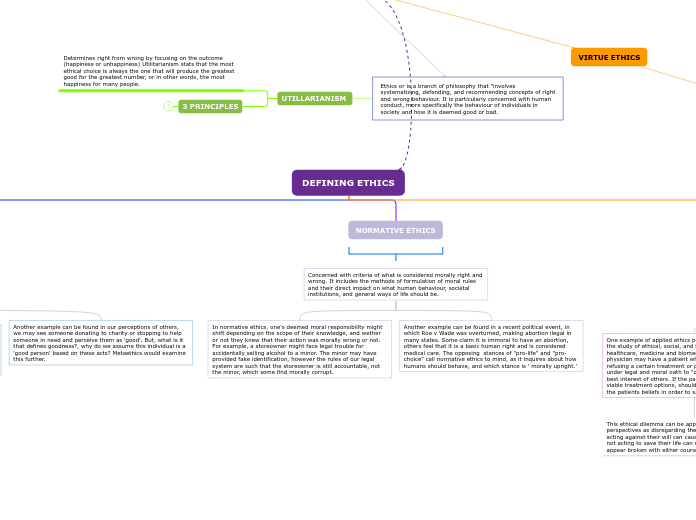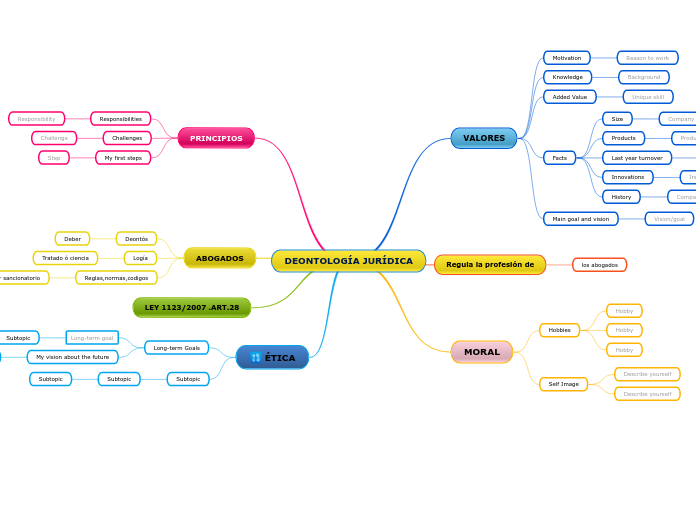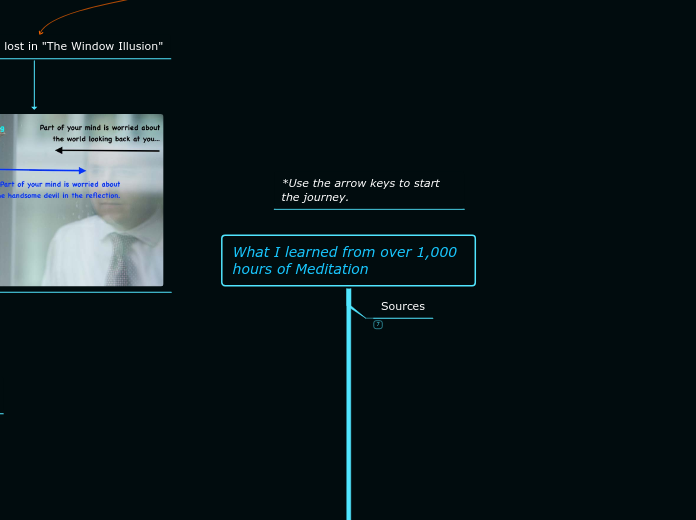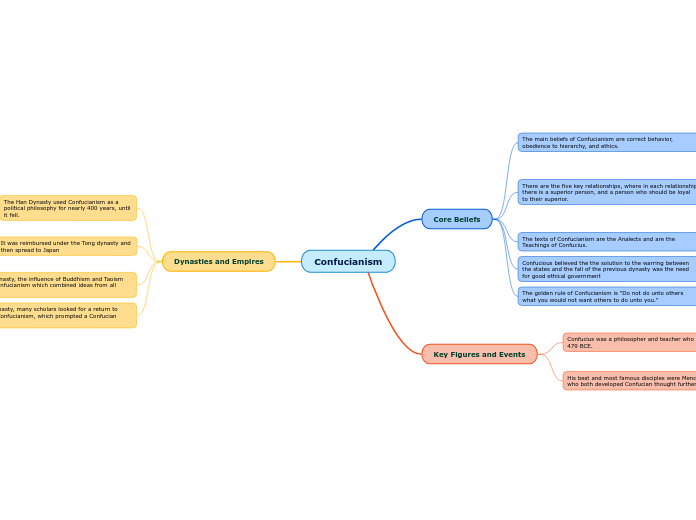by sophia grace 1 year ago
72
DEFINING ETHICS
Virtue ethics emphasizes striving towards human ideals such as kindness and dedication to promote the common good, aiming for the full development of humanity and society. This approach relies on thoughtful reflection about human potential and nature.









